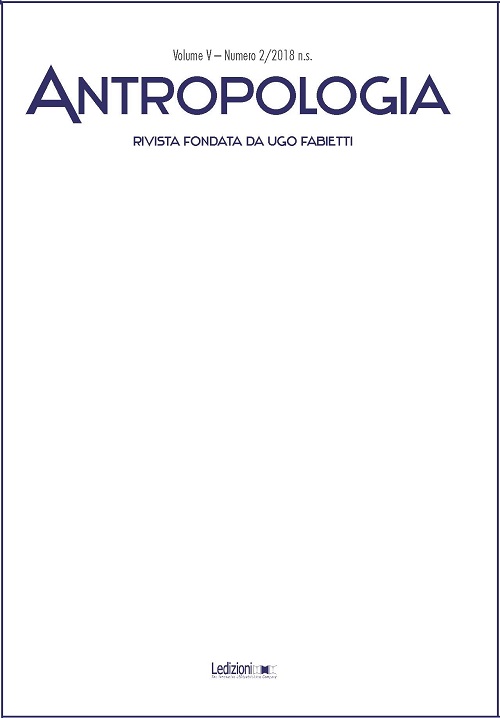Forgetting Pronatalism? Abortion Governance and Pro-life Discourses in Post-communist Romania
DOI:
https://doi.org/10.14672/ada2018145755-73Keywords:
Abortion, pro-life activism, reproductive rights, Post-communist RomaniaAbstract
Abortion-ban in communist Romania (1966-1989) was the most repressive political demography in twentieth century Europe. The first day after Ceaușescu’s execution, the new government (re)legalized elective abortion. Since 1990, many changes have occurred in Romania’s post-communist abortion governance: in legislation, healthcare, and public controversies surrounding fertility control. This article is informed by a long-term ethnography of reproduction control in post-communist Romania (2013-2017). My goal is to show how contemporary pro-life lobby continues to challenge women’s reproductive rights. Firstly, this article presents the latest shifts in abortion-governance, after a summary of Romania’s abortion legislation. Secondly, it frames the rise of contemporary pro-life lobby by pointing out its main actors and their connection with The Romanian Orthodox Church, which is actively involved in contemporary youth pro-life protest. I argue that the rise of pro-life protest in contemporary Romania is constructed around a ‘low-remembering’ of communist pronatalism, which stands to seriously shape reproductive rights and abortion-care for Romanian women now and in the future.Downloads
Published
2018-11-27
Issue
Section
Special Focus. Contested Terrain. Abortion at Intersection of Rights, Health and Law
License
Authors maintain the copyright of their original work and grant the Journal the right to first publication, licensed after 36 months under a Creative Commons Licence – Attribution, which allows others to share the work by indicating the authorship and first publication in this journal.
Authors may agree to other non-exclusive licence agreements for the distribution of versions of their published work (for example in institutional archives or monographs) under the condition that they indicate that their work was first published in this journal.



